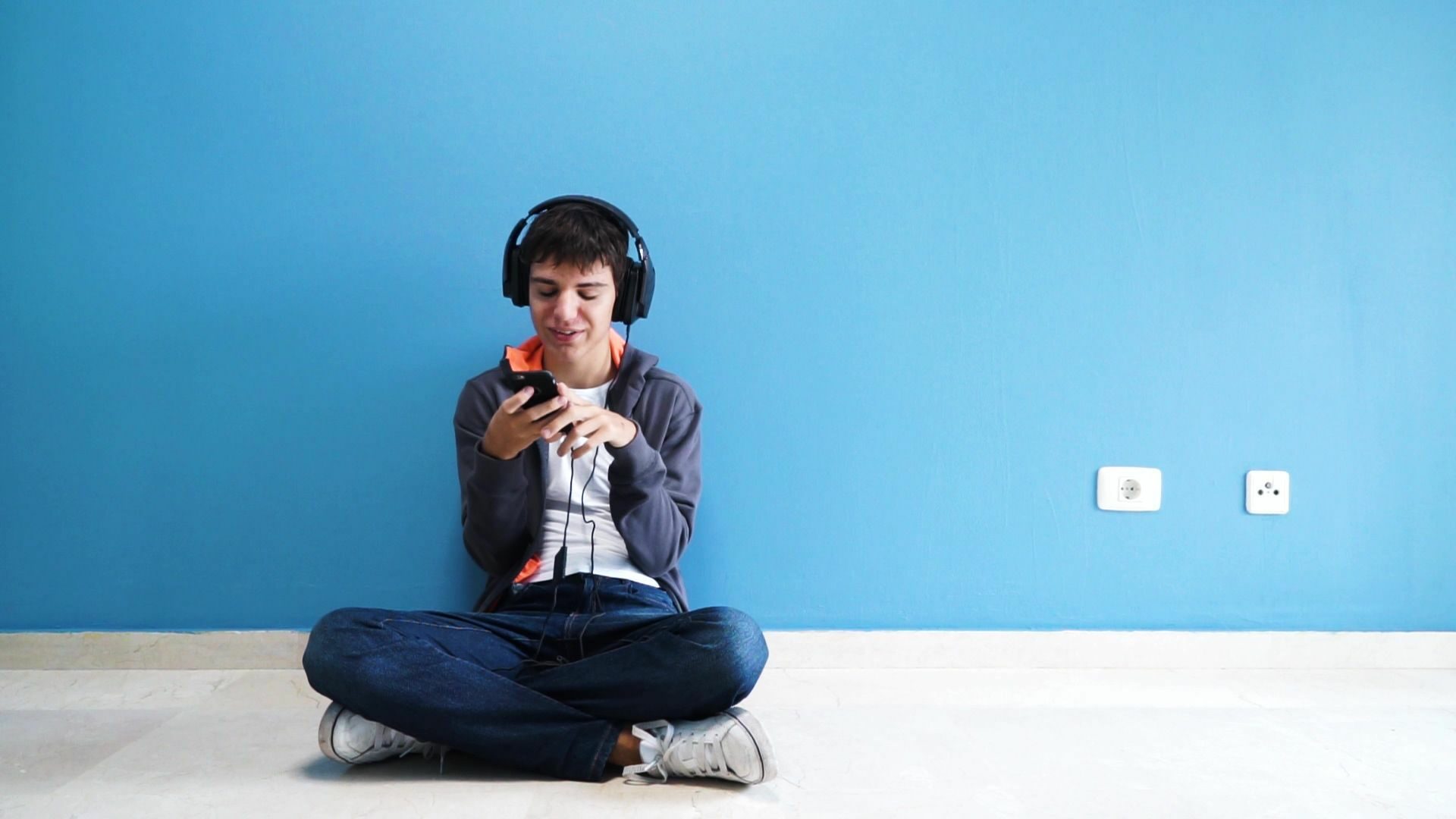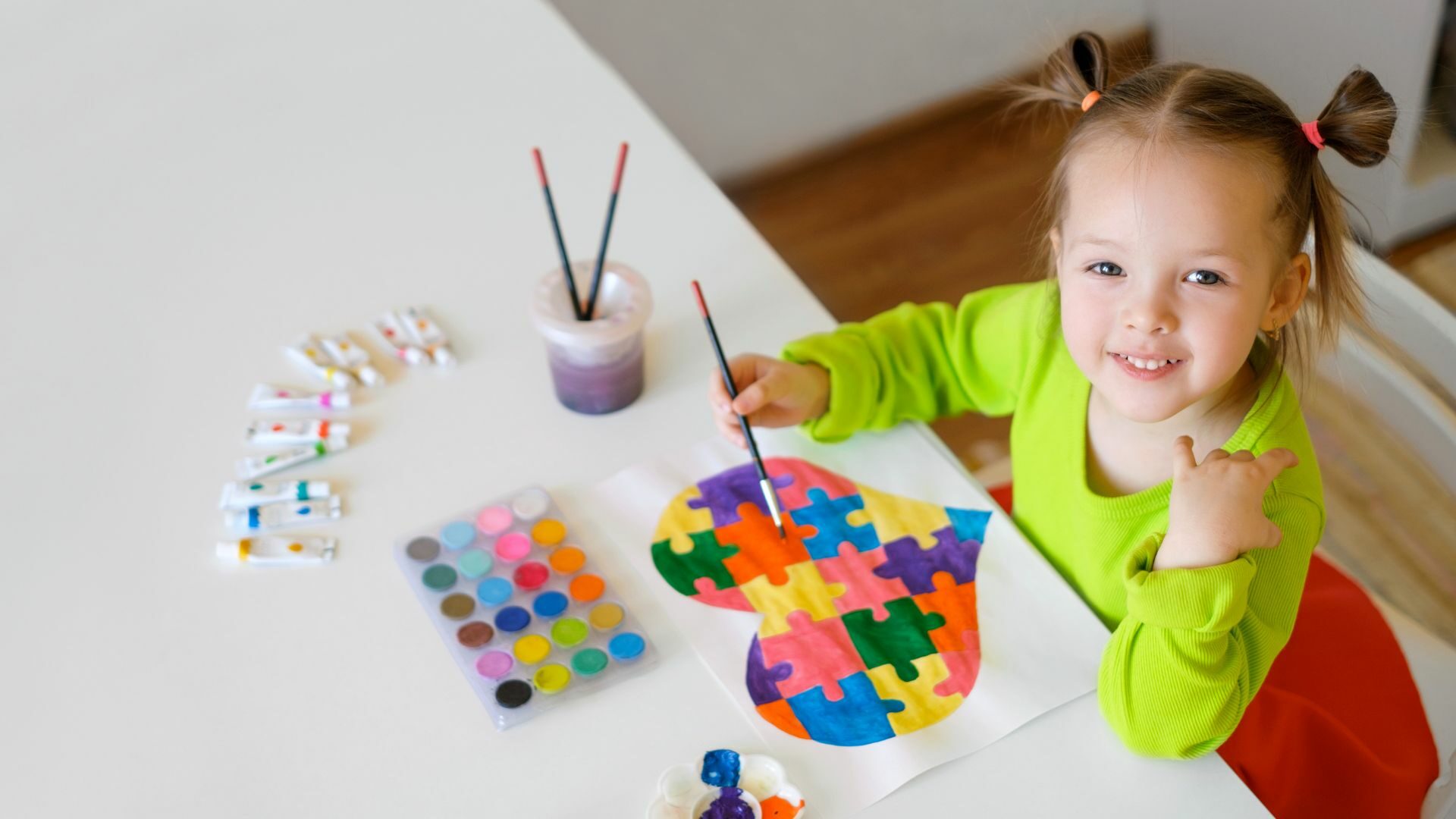Do we all love with our hearts or with our eyes?
April 2 has been designated World Autism Day and the question is basic: “would you love me if I had autism?”
Of course, the answer comes from the heart, but information also plays a big role!
This is why the UN established this day in 2008.
It is very important that everyone learns that people with autism are fully functional and have a lot of potential,
many of which an average person probably does not have!
So the person with autism is not sick, they feel, sense and love like everyone else.
This day aims to raise awareness, to promote acceptance of people with autism,
but also to promote research into its treatment.

But what is autism?
It is a disorder of the neurological system that affects social interaction, communication and behaviour.
Sometimes people with autism may have difficulties communicating with other people, as well as
understand the social signals.
People with autism may also have sensory sensitivities, such as aversion to certain textures, sounds or smells.
Autism is a lifelong condition, but early intervention can help children with autism,
develop important skills and improve their quality of life.
However, autism is a diversity that must be accepted and respected.
People with autism have many talents and abilities, and one thing is for sure, they can
achieve a lot in their lives with the right support.
It is time to get out of our own data
It is very important to understand how people with autism live and feel.
On 2 April there are various events and campaigns aimed at raising awareness and acceptance.
At present the global percentage of people with autism is getting a particular increase and specifically
is estimated to reach 1% of the world’s population.
Two World Days that embrace each other
For those who don’t know, April 2 is also World Children’s Book Day.
These two “celebrations” can be identified as there are many children’s books about autism,
to get the right information from childhood.

At the same time, there are many films or series that have occasionally taught the public quite a few “lessons”,
about the daily life, abilities and reaction of the close family environment of a child diagnosed by the doctor
that he has autism.
This is a very interesting piece, as some hide it, some embrace it and some deny it.
In Greece, the Alpha TV series “The word you don’t say” gave a strong “punch in the stomach”,
that little Pavlis has autism, no one understands what is wrong with him and everyone treats him as a “strange child”,
but he has tremendous skills and his refuge is music!
For anyone who hasn’t seen it, I think this is your chance!

Is music the solution?
Music therapy can help children with autism because music is enjoyable and motivates active participation.
Children respond naturally, regardless of their physical and mental functional level.
Then, music promotes relaxation, learning and self-expression and enhances intimacy between the therapist and the child,
of the child and the mother and the child in a peer group.
In addition, music therapy is a holistic intervention that can touch various areas of the child’s development.
For example, a music therapy activity can also enhance eye contact, emotional expression,
verbal response and visuomotor coordination.
In addition, rhythm organizes the child in space and brings him/her back to the here and now.
Finally, music provides a pleasant and playful environment in which children feel safe and comfortable.
in order to work towards their development goals.
Music loves autism and accepts the child with all its potential.
Play, creativity and expression are essential elements for the overall development of every child with autism.
So then to the question “would you love me if I had autism?”
The answer is clear and we can all see it if we are informed, even if it is not in our family,
it is our duty to know when we or our children meet a person with autism to close our eyes
and open our arms and our hearts, not just to look at this man, but to see him in reality!


